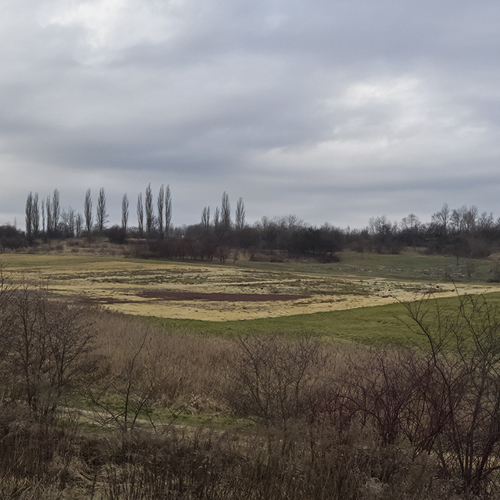On-site event.
Led by: Kamil Karski
On the outskirts of Krakow, Germans created a forced labor camp in 1942, which was later transformed into a concentration camp. The largest group of the prisoners were Krakow’s Jews, who were displaced from the Krakow ghetto to the camp in March 1943. Other camp prisoners included Jews from other ghettos of the General Government, Poles suspected of conspiracy, and Roma families. In August 1944, there were a few thousands of Poles imprisoned in the camp, who were arrested during the so-called “Black Sunday.” The camp was also a site for executions conducted by the Gestapo. Approximately 35 thousand people were imprisoned in KL Plaszow. After the war, many former prisoners made statements and testimonies about the camp. Its history was also recorded in documents, photographs, monuments, and archives. During this meeting, participants will get to know how knowledge of a site’s past is built based on archival documents and testimonies of survivors.
Kamil Karski – archeologist. He worked at the Museum of Krakow. Since 2021, he is the chief cataloguer of the KL Plaszow Museum. In his everyday work, he deals with archeological research of the 20th century, among this research military conflicts and genocide, and education, which includes the knowledge of archeology, history, and sociology.
Partner of the event: KL Plaszow Museum
In Polish.
Free admission.
